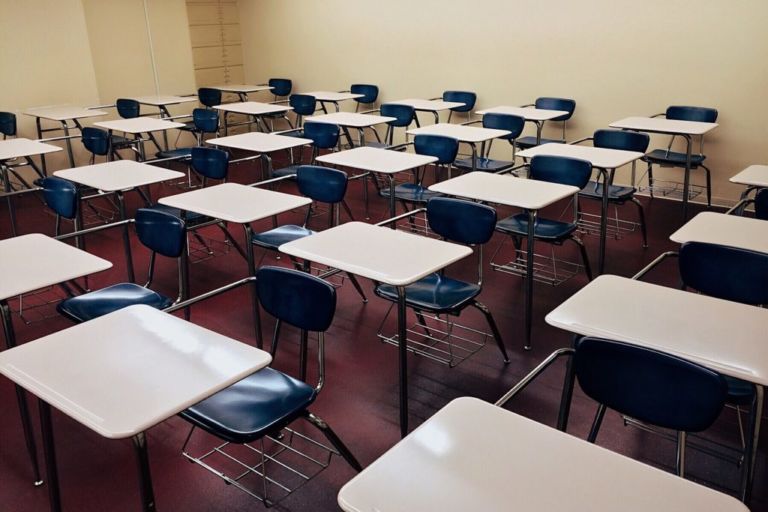In a new National Bureau of Economic Research (NBER) study, Thomas Ahn of the University of Kentucky and Jacob Vigdor of the University of Washington examined the performance of North Carolina public school students who attended schools that were subject to sanctions under the federal No Child Left Behind (NCLB) law. Schools that did not meet student performance goals were required to provide various accountability measures, depending on the number of years that they failed to meet those goals. Those measures included school choice, supplemental educational services, and school restructuring.
Ahn and Vigdor found that both reading and math scores improved as a result of the sixth (and most severe) sanction – implementation of schoolwide restructuring. They wrote, “In summary, across all the sanctions in the NCLB regime, the ultimate penalty, implementation of a restructuring plan, shows the strongest evidence of positive test score impacts across the board. No other sanction yields estimates of the same magnitude in both subjects; the threat of exposure to the sanction system comes closest.” (p. 23)
The authors point out that school restructuring increased faculty and administration turnover, and was likely a major part of why the “ultimate penalty” produced higher test scores. They speculate that the presence of mediocre teachers and leaders may be one reason why initial sanctions, such as providing supplemental educational services, failed to raise student achievement.


